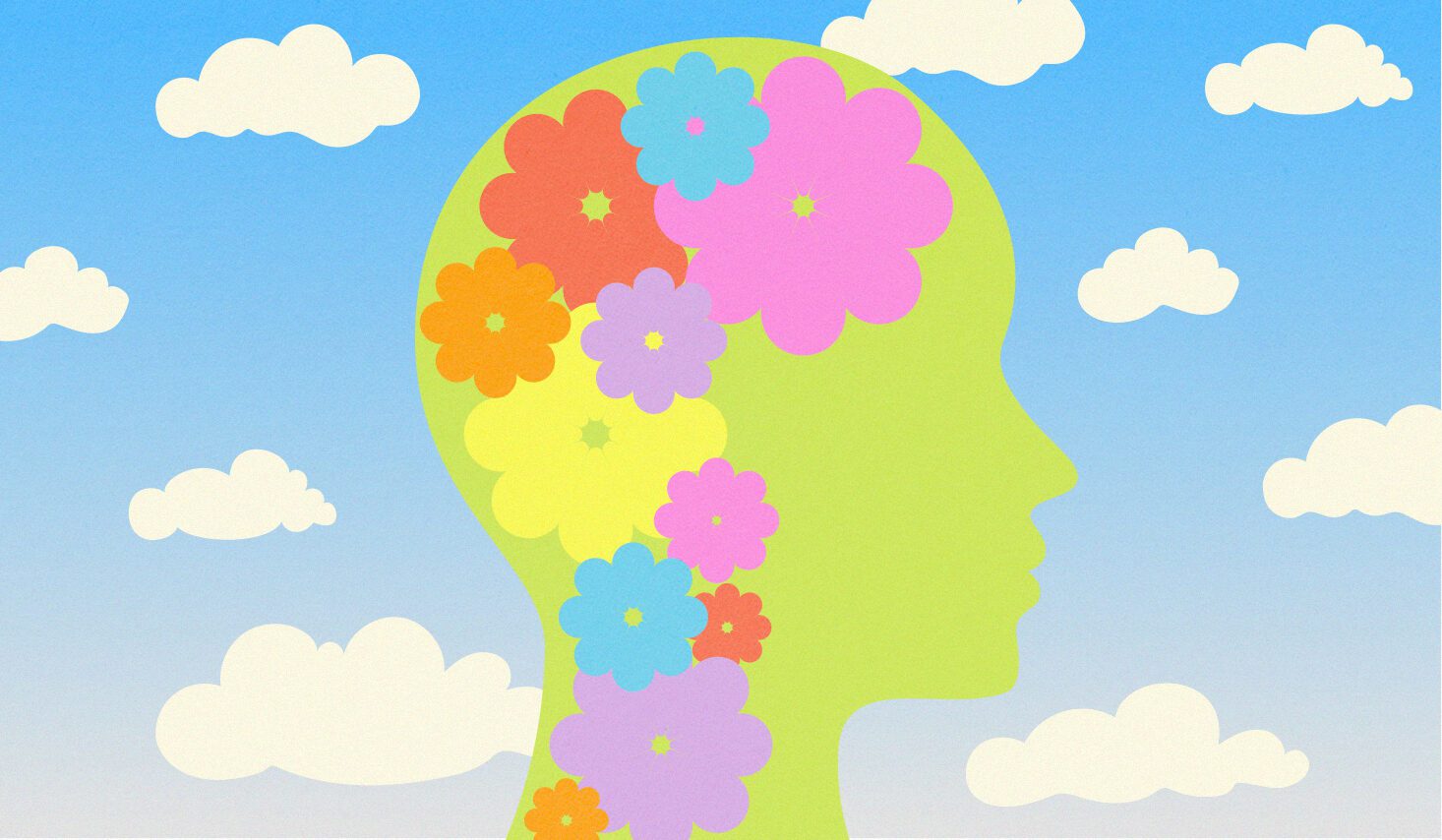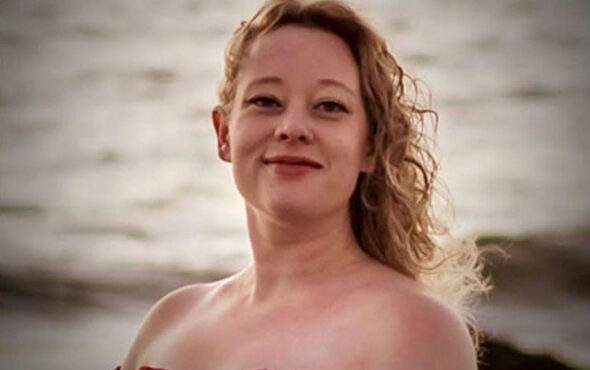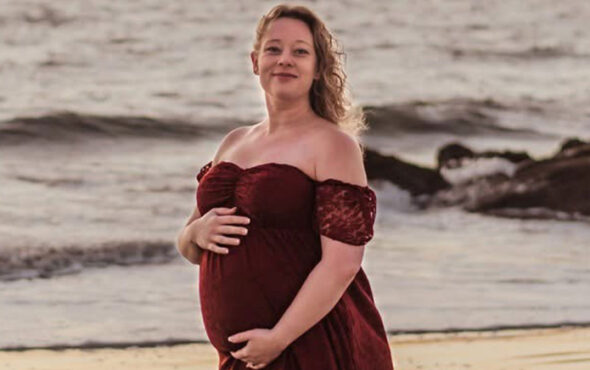
This time last year, I was adrift. I’d just finished my degree and felt completely lost, with no idea what came next. On top of that, I was a disabled person who had neglected their health for years, always prioritising study deadlines over rest and medical care.
The result was that working full time wasn’t even an option. Thankfully, my mum was able to let me live with her while I slowed down, focused on my health and tried to work out what my next steps were.
The first months were about recovery. I forced myself to rest, finally getting eight hours of sleep a night and three decent meals a day. I started taking my medications as prescribed instead of “when I remembered”. I filled my time with gentle, manageable things; an online poetry course, rewatching Once Upon a Time and endless hospital appointments with my ophthalmologist, haematologist, physiotherapist and GP.
Gradually, I felt my body come back to me. My energy wasn’t unlimited, but I could walk further, sit up longer, think more clearly. It was the best I’d felt in years. Yet, alongside this fragile sense of recovery came a gnawing uncertainty. What now?
I knew I was ready to do something, but I had no idea what that “something” should be. And, I was lonely. I didn’t know anyone in London anymore, and without work it felt impossible to meet people. I searched for local groups, but most seemed irregular or inaccessible. As a queer person, I was anxious too — what if I walked into a group and found it full of queerphobia? The idea of seeking community felt like an impossible challenge.
Then, scrolling on Instagram, I saw an advert for volunteering with Just Like Us, the LGBT+ young people’s charity. It promised the chance to help people while connecting with other queer people. The thought of giving talks in schools was terrifying, but something about it hooked me. I told myself I’d sign up, just to see. If it was awful, I could always quit.
What followed was an amazing weekend filled with so many supportive LGBT+ people, both Just Like Us staff and fellow trainee ambassadors. Getting to talk to so many different queer people of all different identities and from all different backgrounds was a truly transformative experience.
Afterwards, I wanted more. I’d decided to attend an asexual and aromantic meetup group in London that I’d always been too anxious to go to. I arrived early at the community centre, panicking for a few minutes when I found it deserted. Suddenly, about 30 people streamed through the doors. Over the next few hours, I spoke to more a-spec people than I’d ever imagined meeting in my life. Our orientations weren’t generally the centre of conversation, but our shared understanding ran through everything we talked about. I went home that evening no longer feeling so alone.
A couple of months later came my first school talk as a Just Like Us ambassador. I prepared obsessively; outfit chosen, script written in large font, travel plans mapped down to the minute. The only public speaking I’d ever done was in front of the class when I was at school. Now I was about to stand in front of 200 teenagers and talk about LGBT+ inclusion — a subject still met with resistance in some places.
On the bus home afterwards, adrenaline coursing through me, I messaged my best friend: “I’ve just come out to 200 teenagers.” That moment crystallised something. I wanted to be the person I had needed when I was younger, I wanted to support young people.
That realisation gave me a direction. I started volunteering with Girlguides, not expecting to enjoy it nearly as much as I did. I joined a tutoring agency and began volunteering in two local primary schools. In those classrooms I found my passion; supporting neurodivergent and SEND children. For the first time, I could see a career path forming. I wanted to become an educational psychologist.
If you had told me that a year earlier, I’d have laughed. I didn’t think I had the confidence to even dream of something like that, let alone pursue it. But my year had been full of things I once thought impossible. I delivered school talks to more than 1,500 students. I attended aroace meetups, joining conversations with strangers. I joined not one but two book clubs, and actually voiced my opinions in discussions. I even tried a queer improv class! Each time I pushed myself, I learned something vital; I can do hard things.
As my Queer Year Out comes to an end, it amazes me how much I’ve grown. The confidence I gained in queer spaces gave me the courage to branch out further — into Girlguides, tutoring and volunteering. Those experiences built the skills I needed to step into my new role as a teaching assistant, which I started just last week. Alongside that, I’ve begun a psychology conversion masters, laying the foundation for eventually training as an educational psychologist.
But what the last year taught me, above all, was about the power of community. I would not be here without the LGBT+ community that held me up when I was floundering, gave me spaces where I could be unapologetically myself and reminded me again and again that I was not alone. Surrounding myself with queer people didn’t just give me confidence, it gave me a future.
Emily is an ambassador for Just Like Us, the LGBTQIA+ young people’s charity. 18 to 25 and LGBTQIA+? Sign up now to hear about their next training event!

